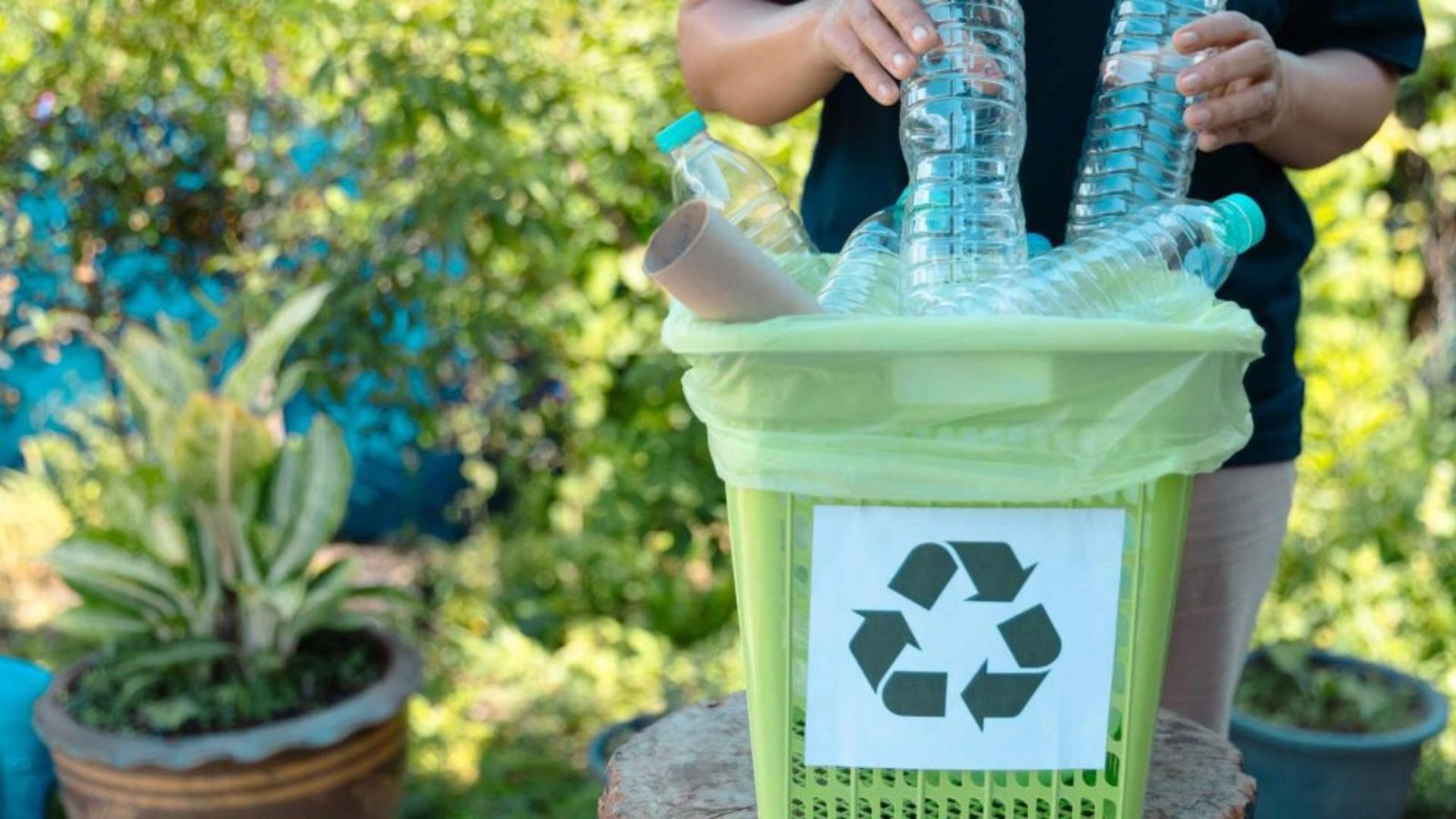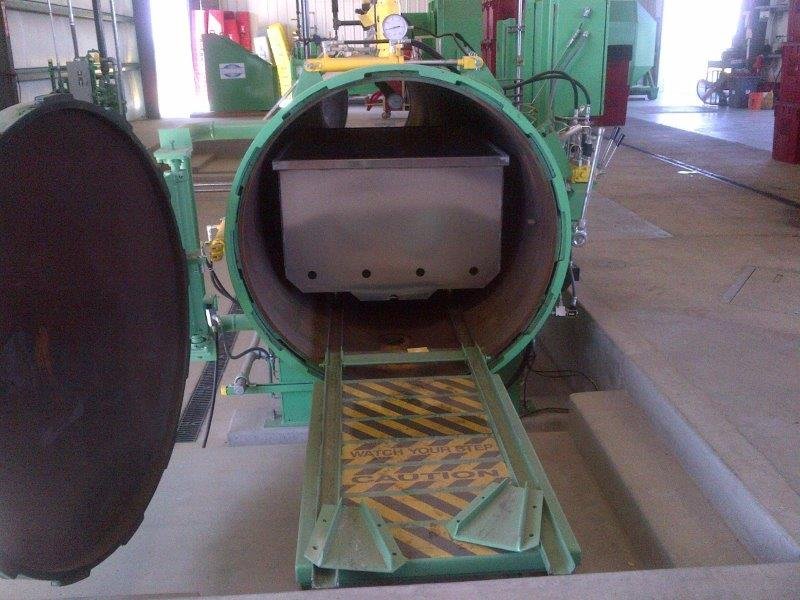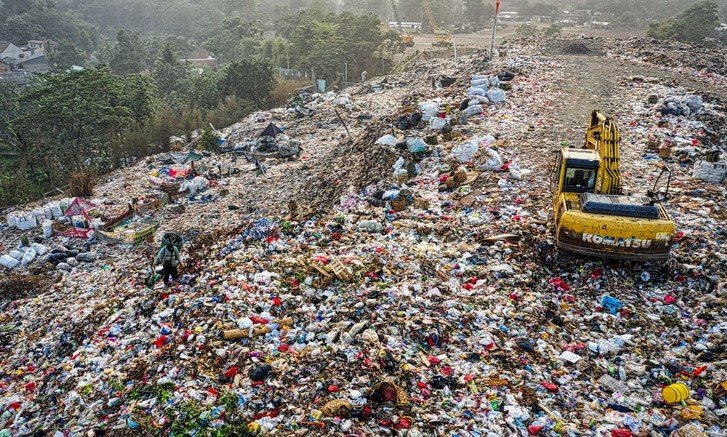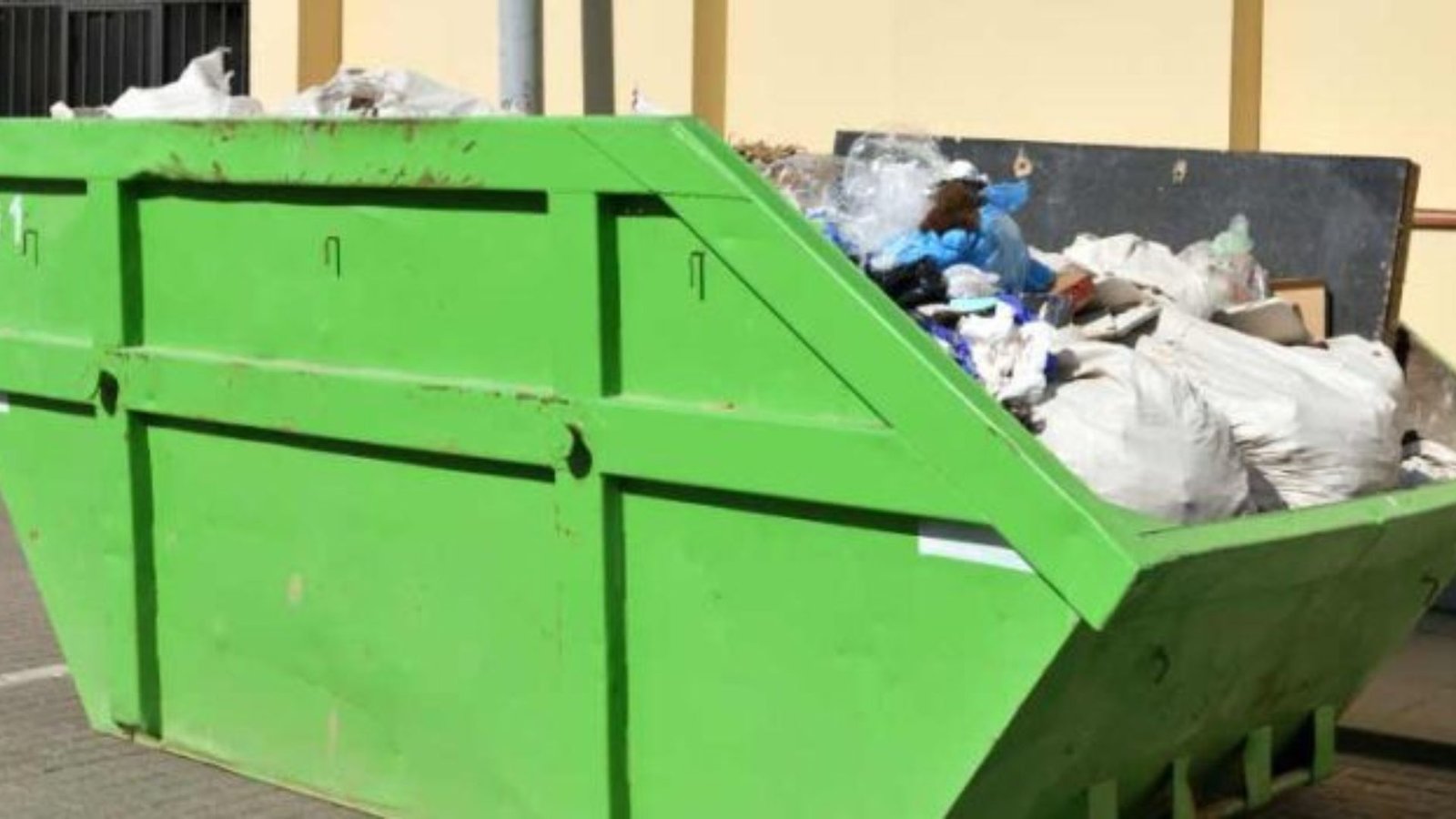Waste disposal is a critical issue that significantly impacts the environment today. Improper waste management can lead to serious environmental consequences, affecting ecosystems, human health, and the overall quality of life. In this post, we will explore the various ways waste disposal affects the environment and discuss possible solutions.
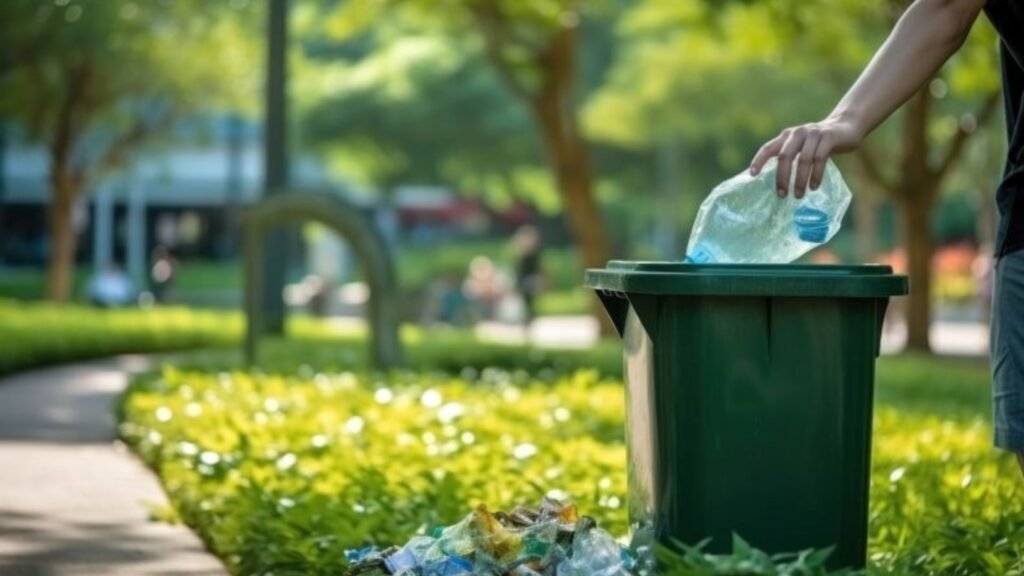
1. Pollution of Land and Water
Firstly, one of the most immediate impacts of waste disposal is pollution. When waste is not disposed of properly, it can leach harmful chemicals into the soil and waterways.
- Land Pollution: For instance, landfills often contain hazardous materials that can seep into the ground, contaminating the soil. This not only affects plants but also poses risks to wildlife.
- Water Pollution: Additionally, when rainwater washes over waste sites, it can carry pollutants into nearby rivers and lakes. This can lead to unsafe drinking water and harm aquatic life.
To mitigate this, proper waste segregation and disposal methods are essential.
2. Air Quality Degradation
Improper waste disposal can also contribute to poor air quality. When waste is burned, harmful gases and particulate matter are released into the atmosphere.
- Toxic Emissions: For example, burning plastics can release dioxins, which are highly toxic and can have serious health effects on humans and animals.
- Odor Issues: Moreover, decomposing waste can produce unpleasant odors, which not only impact the local community but can also attract pests.
Implementing better waste management practices, such as recycling and composting, can help reduce these emissions.
3. Contribution to Climate Change
Another significant impact of waste disposal is its contribution to climate change. When organic waste decomposes in landfills, it produces methane, a potent greenhouse gas.
- Methane Emissions: Specifically, methane is significantly more effective at trapping heat in the atmosphere than carbon dioxide. Thus, increasing methane emissions from landfills contribute to global warming.
- Waste Generation: Furthermore, as populations grow, the amount of waste generated continues to rise, exacerbating these issues.
To combat climate change, reducing waste generation and enhancing composting efforts are crucial steps.
4. Loss of Biodiversity
Improper waste disposal can also lead to habitat destruction and loss of biodiversity.
- Habitat Degradation: For instance, littering and illegal dumping can destroy natural habitats, threatening wildlife and plant species. This loss of habitat can disrupt entire ecosystems.
- Invasive Species: Additionally, waste can introduce non-native species into ecosystems, further threatening local biodiversity.
Protecting natural habitats through responsible waste management practices is vital for preserving biodiversity.
5. Human Health Risks
The environmental impacts of waste disposal can also translate into serious health risks for humans.
- Exposure to Toxins: People living near landfills or waste disposal sites may be exposed to harmful substances, leading to various health problems such as respiratory issues and skin diseases.
- Vector-Borne Diseases: Furthermore, improperly disposed waste can attract pests, which can spread diseases. For example, stagnant water from discarded containers can become breeding grounds for mosquitoes.
To improve public health, communities must prioritize effective waste disposal strategies.
Solutions for Sustainable Waste Disposal
To mitigate the environmental impact of waste disposal, several strategies can be adopted:
- Reduce, Reuse, Recycle: Encourage the 3Rs to minimize waste generation and promote recycling and reusing materials.
- Composting: Implement composting programs for organic waste, reducing landfill contributions and producing valuable compost for soil.
- Public Education: Educate communities about proper waste disposal practices and the importance of sustainability.
- Policy Changes: Advocate for policies that support sustainable waste management practices and stricter regulations on waste disposal.
Conclusion
In conclusion, the impact of waste disposal on the environment today is profound and multifaceted. From pollution and climate change to biodiversity loss and health risks, improper waste management poses significant challenges. However, by adopting sustainable practices and fostering awareness, we can mitigate these impacts and work towards a healthier planet. Together, we have the power to make a difference in waste disposal and protect our environment for future generations.

